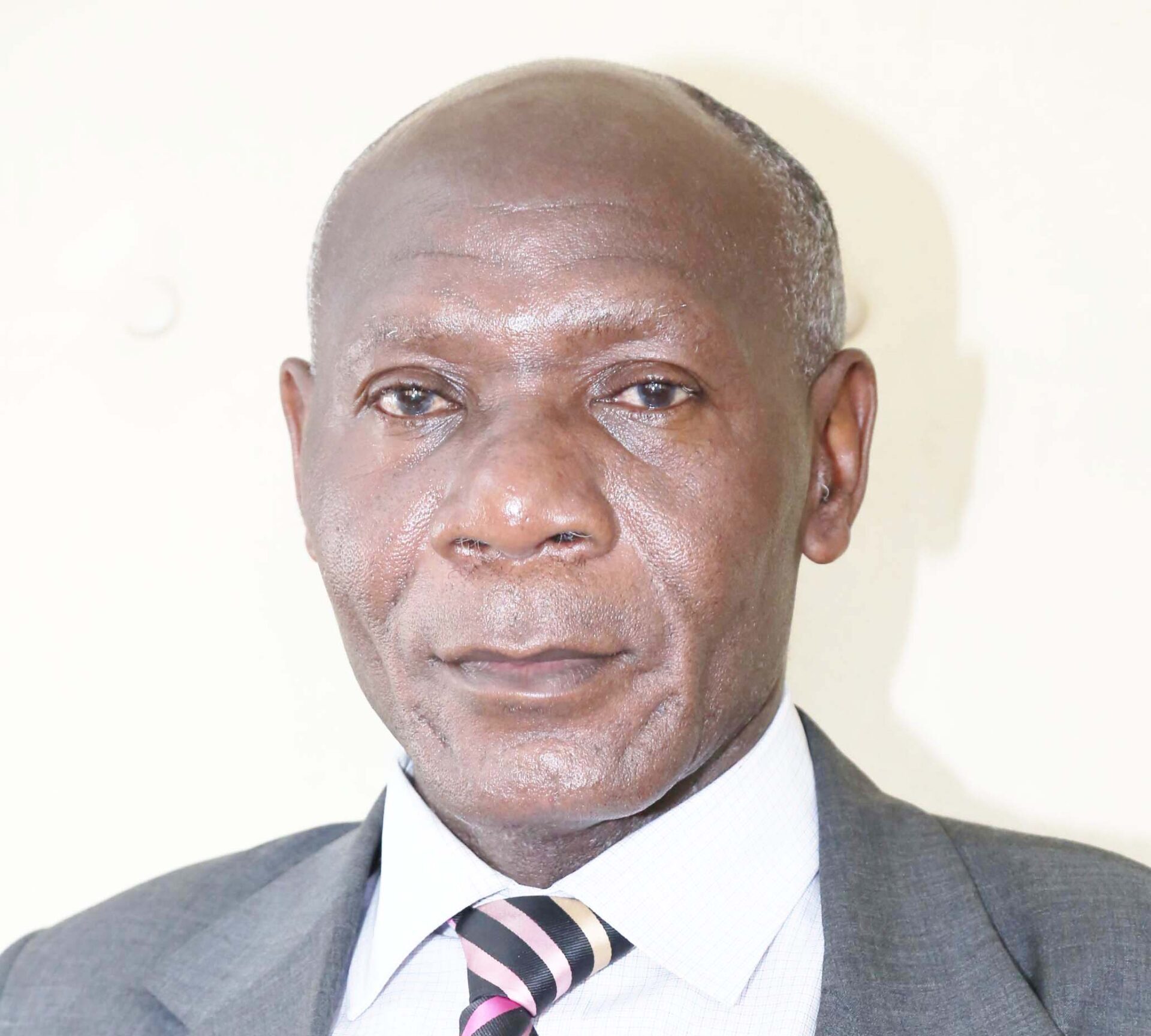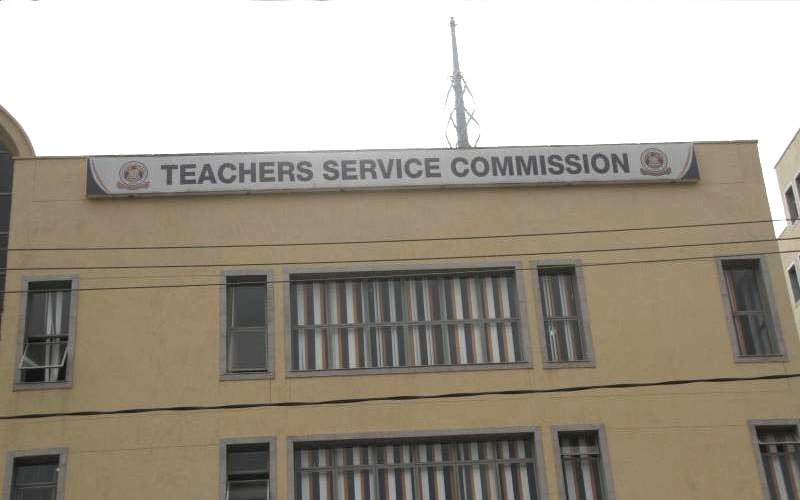By Roy Hezron
The Kenya National Union of Teachers (KNUT) is alarmed over the future of the country’s Teacher Training Colleges (TTCs) due to declining enrollment occasioned by policy shift in teacher education.
The Union Secretary General (SG) Collins Oyuu in a February 20, 2023 media briefing said that enrolment has been adversely affected by the revised entry requirements for teacher training in TTCs.
The public teacher training institutions did not admit students in 2019 and 2020 for the P1 course due to the change in qualification policy from certificate to diploma for teaching in primary schools.
The Ministry of Education (MoE) then required all TTCs both public and private to be registered afresh to reflect their new status as Diploma training institutions.
During the year under review, the public TTCs admitted pre-service Diploma teacher trainees and upgraders from P1 to Diploma.
According to Oyuu, the current enrollment in the 34 public pre-service primary teacher training colleges stands at 3,922, which translates to 14.7 per cent with expected capacity being 26,650 students.
This means the total idle capacity in the pre-service primary teacher training college is 22,728, which translate to 85.3 per cent!
Oyuu further stated that the current enrollment at the 3 public Diploma colleges for secondary school teachers stands at 1293 (36 per cent), the optimum capacity being 3,600 students, leaving a balance of 2,307 or 64 per cent.
The KNUT boss has now raised concerns that the entry grade for Diploma in Secondary Teacher Education (DSTE), both Science and Arts, is KCSE C+ (plus); the same as the entry requirement for a Bachelor’s degrees in education.
“This poses a threat to primary teacher education in the country. It technically means in the nearest future there may be no need to have these colleges,” lamented Oyuu.
According to the report of the taskforce on ‘Enhancing Access, Relevance, Transition, Equity and Quality for Effective Curriculum Reforms and Implementation’ of December 2020, the MoE was expected to ensure all tutors in pre-service teacher training are inducted on effective interpretation and implementation of the teacher education curriculum framework and designs.
The taskforce recommended that MoE should raise the lowest level of Pre-Service Teacher Education (TE) to a Diploma in Teacher Education (DTE), the duration at each level taking three years unlike previously when it took two years.
Consequently, DPTE was raised to C (plain) in KCSE or equivalent from previous C-(minus), while DSTE and Diploma in Technical Teacher Education (DTTE) was raised to C+ (plus) in KCSE or its equivalent.
The Union now calls for a change of curriculum to suit the reforms in education under all categories of teaching.
“Teacher training colleges need to match their curriculum with the market needs currently obtaining. Clustering of subjects has given a paradigm shift to training which is affecting training of teachers,” said Oyuu, adding: “It may not be true that the futuristic requirement of teaching in primary institutions of learning is going to be a Bachelor’s degree.”
A 2022 Economic Survey showed that the total number of teacher trainees declined by 8.4 per cent from 17,938 in 2020 to 16,429 in 2021.
In 2021, the number of upgrade teacher trainees accounted for 59.2 per cent of the total trainees, while pre-service teacher trainees accounted for 32.0 per cent of the total number of teacher trainees.
The report further shows that the number of teacher trainees in secondary Diploma teacher training colleges went up by 18.9 per cent from 1,218 in 2020 to 1,448 in 2021 mainly on account of an increase in the number of first-year trainees.
On the transition to Junior Secondary School (JSS), Oyuu urged the government to employ more teachers, and more so the primary school-trained ones.
“There are 14 learning areas at the JSS level. Having secondary school teachers in this level doesn’t make sense since they specialized in only two subjects,” he remarked.






